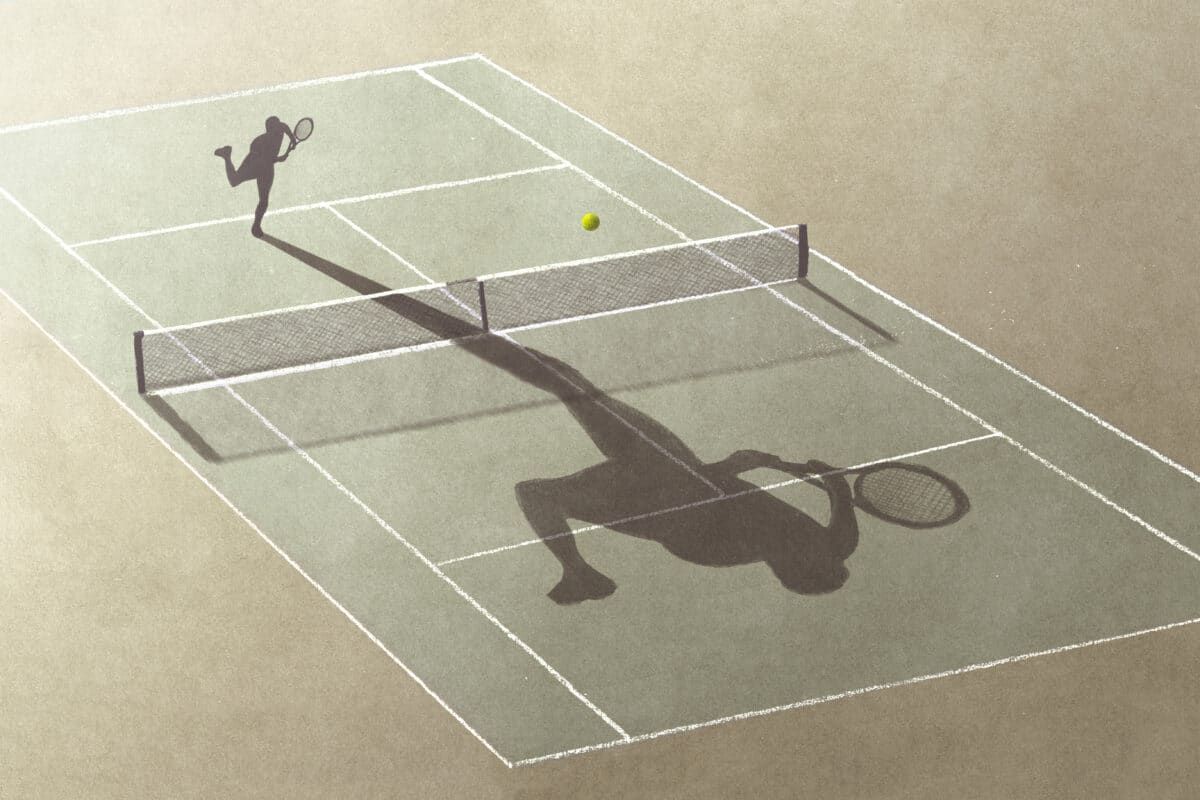Science Education Experts Recommend Strengthening Students’ Critical Thinking Skills by Retaining “Strengths and Weaknesses” Language in Texas Science Standards
Three of six experts selected by the Texas State Board of Education to review a proposed update of the Texas Essential Knowledge and Skills (TEKS) for science have recommended that the TEKS retain controversial language calling on students to examine the “strengths and weaknesses” of scientific theories in order to strengthen students’ critical thinking skills.
“Some activist groups are pressuring the State Board to cut that language from the TEKS in order to artificially shield Darwin’s theory from the normal process of scientific inquiry,” said Casey Luskin, an education policy analyst at Discovery Institute. “However, as these three experts point out, examining the strengths and weaknesses of scientific theories is a core part of the scientific process, and abandoning such critical analysis merely to satisfy ideological demands of Darwinists harms students by giving them a false view of scientific inquiry.”
Read More ›






































